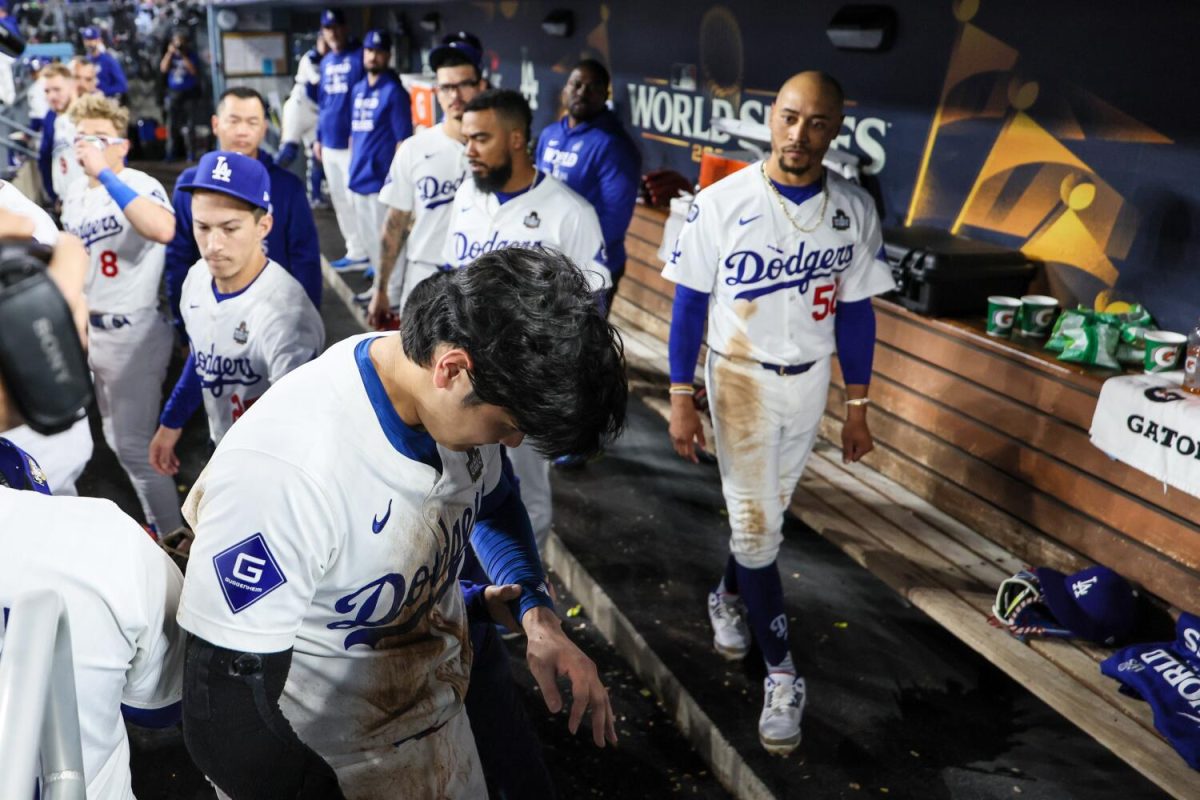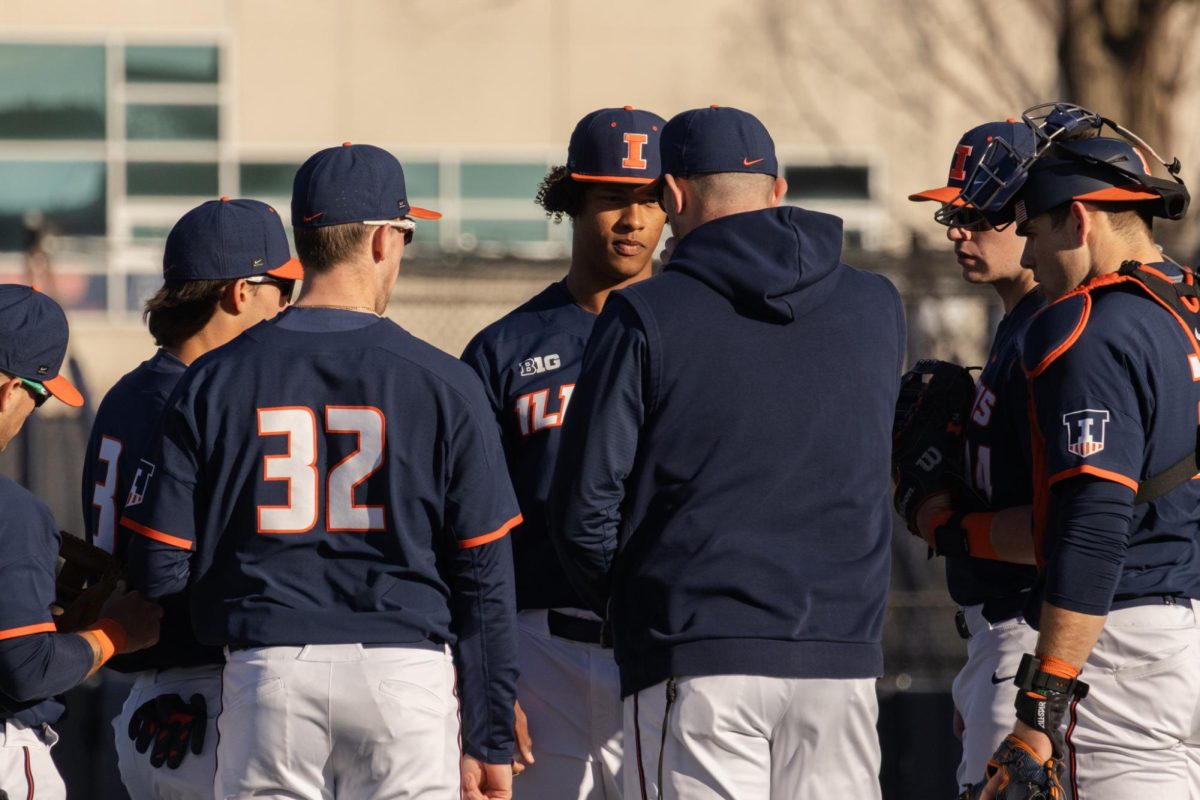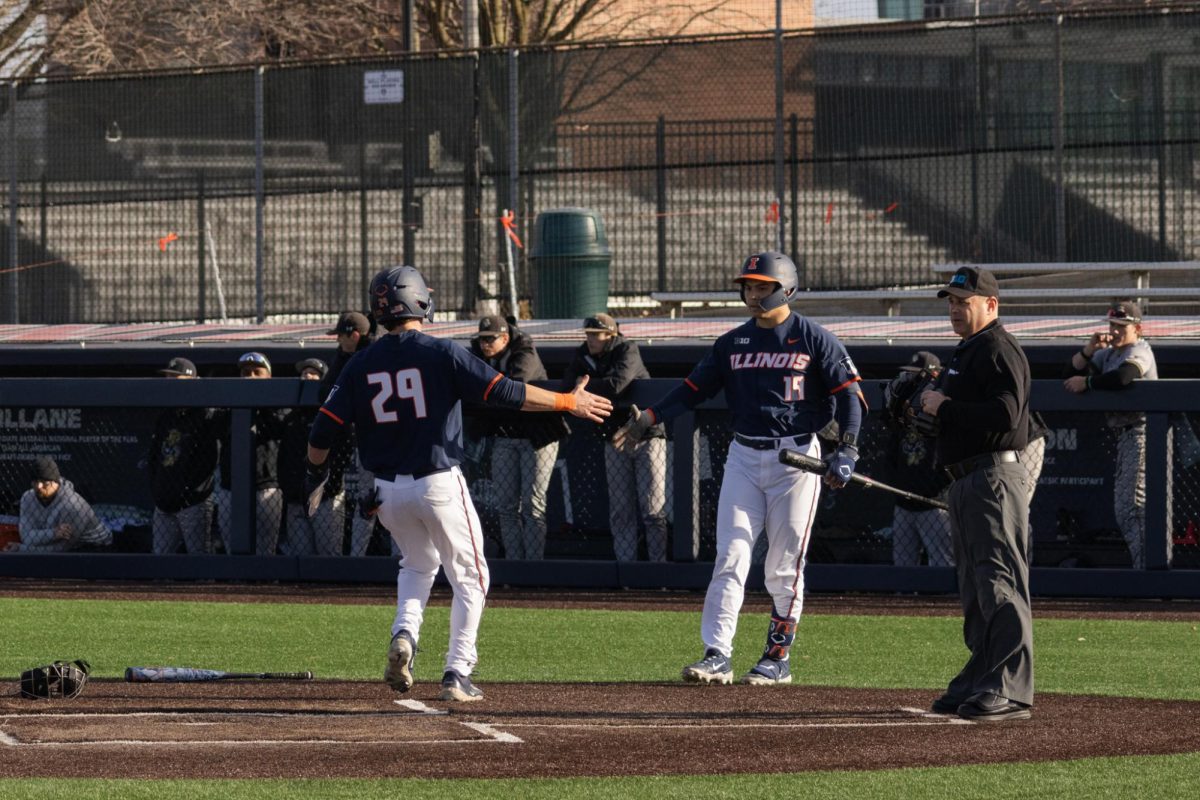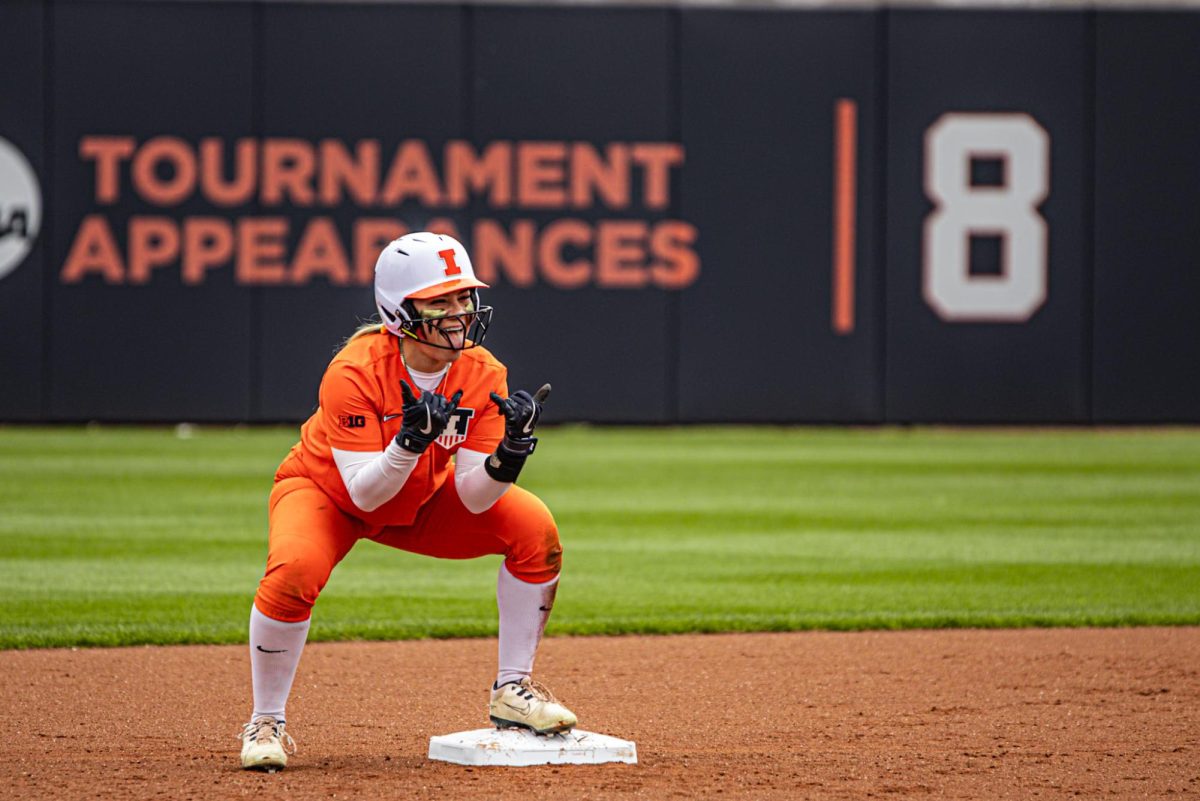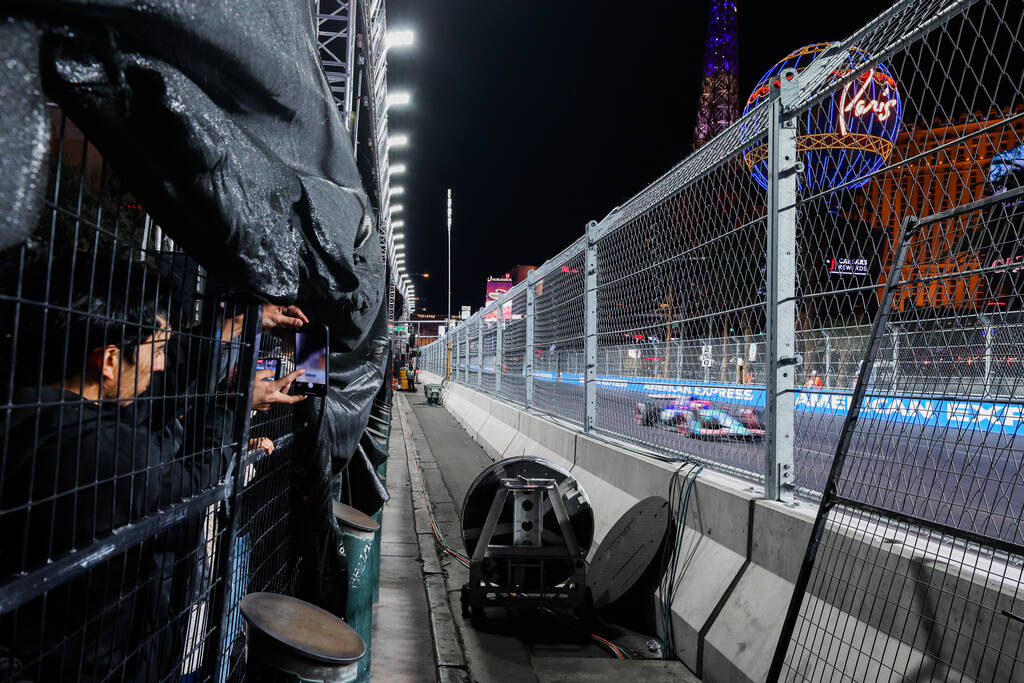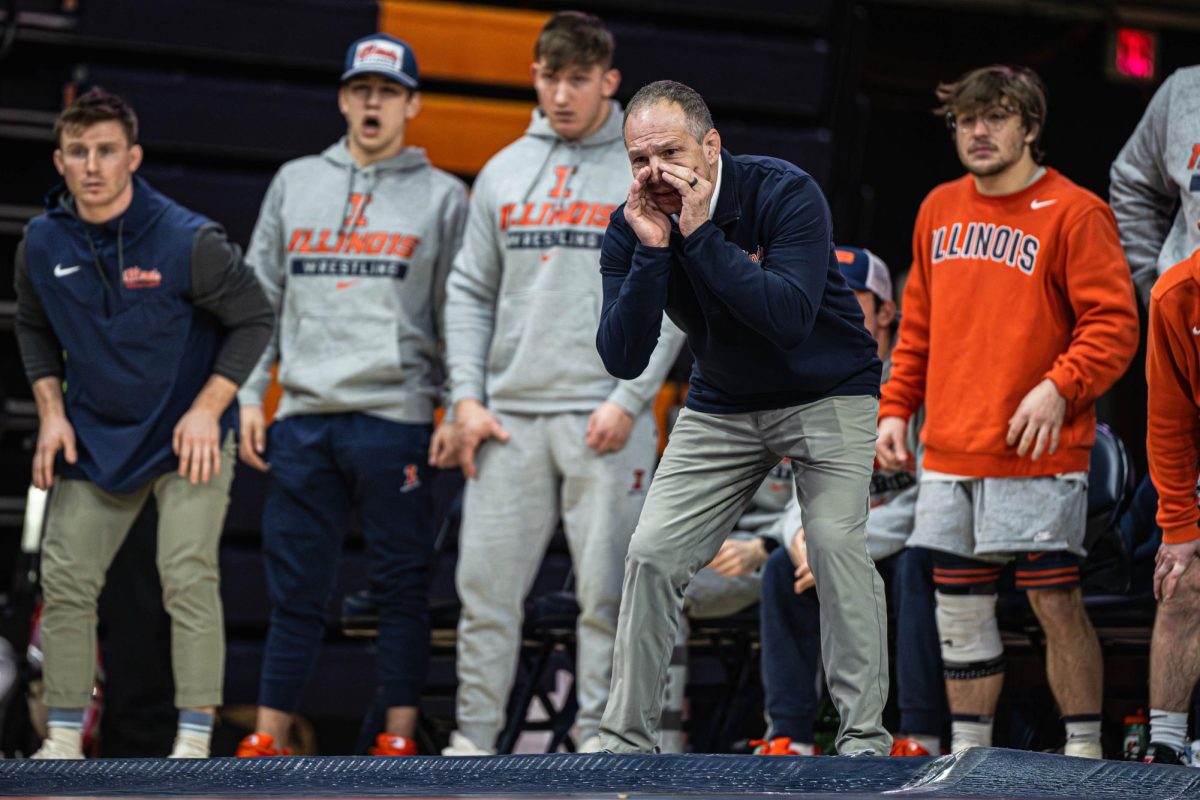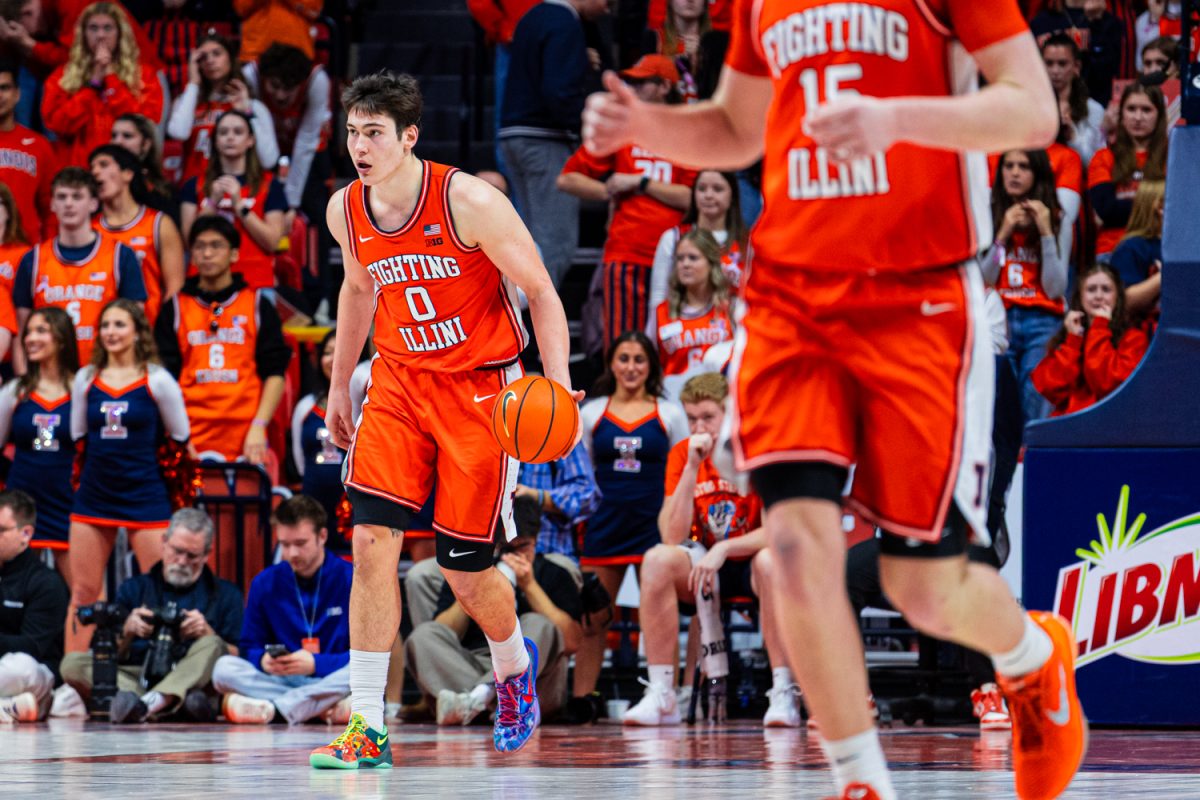The Los Angeles Dodgers and New York Yankees World Series may bring this issue to the front desk of MLB commissioner Rob Manfred this offseason, but it also may not. Regardless, MLB payroll regulations are relevant right now and need examination.
While the payroll doesn’t reflect the Dodgers and Yankees as the No. 1 and No. 2 spending teams, it doesn’t tell the full story. Whether it’s void years or players not on the roster anymore, the 2024 champions of each league have invested the most into their franchises these past few years to get to the championship.
Now, they aren’t breaking any rules; there really are no rules to break. But with both of these teams at the top of their league each year while spending the most money, recent news is disturbing.
The Dodgers went up 3-0 in the World Series after a dominant season. Now, they are rumored to be after multiple top all-star free agents, such as Juan Soto, Pete Alonso and Willy Adames.
It seems extra at this point, but the sports editors will decide. Should MLB throw the current system away and enforce more rules, or stay with what it has now?
Get The Daily Illini in your inbox!
Ben (Throw away): This is an issue that I can’t believe hasn’t been addressed yet. Payroll limitations don’t fully even out every sport anyway, and that’s not the point I am trying to make. For example, the NFL’s top team is spending $30 million more than the lowest team this year.
Teams can go over the cap or the big luxury tax. The Boston Celtics, Phoenix Suns and Minnesota Timberwolves went way over that this year in the NBA. The point is that it should cost teams extra to spend this much more than the rest of the league.
The Dodgers have a team of all-stars. Trying to pay them more this offseason is so messed up, especially with the loopholes due to the lack of detail MLB has paid to this issue. Something needs to change.
Throw away this terrible state of the game that allows teams to do whatever they want. The rich get richer, and the poor can’t sustain, no matter what any bandwagon wants to tell you.
Any regulation is fine by me. A hard salary cap, a more expensive luxury tax, loss of draft picks once crossing a certain threshold or limiting void years on contracts to avoid the ridiculousness of the Shohei Ohtani contract.
If they make these regulations, I also think devil’s advocate needs to be played. There are minimum caps in other leagues, and MLB would definitely need one. Requiring teams like the Pirates and Marlins to spend a whole lot more money is necessary to compromise with the richer teams, but I think it is all needed soon.
Tess (Throw away): I’ve loved sports all my life, and it still blows my mind how much money each professional team possesses. MLB not having salary caps, while nearly every other league does, feels so strange. Financial restrictions are put in place to prevent super teams from forming, and it seems that in MLB, these powerhouses are approaching — if they’re not already here.
It doesn’t seem fair that the richest owners and organizations can pay however much they want to obtain superstars. Placing ceilings on these salaries would set a foundation for the league and establish “base-level” finances to literally level the playing field.
I agree with Ben. If owners want to go beyond these prospective salary caps and spend extra, they should be able to do so. But with that, I also think there needs to be additional limitations to, once again, prevent dominant teams from overtaking the league. If MLB wants to be so different from other professional leagues, then it can continue what it’s doing. But for now, the lack of financial regulations seems corrupt and greedy.
Conor (Throw away): It baffles me that MLB is over 100 years old and still does not have something as simple as salary restrictions. The other top American leagues, such as the NFL, NBA, WNBA, NHL, MLS and NWSL, have salary caps, putting MLB in a league of its own.
The goal is simple: level the playing field. No one team can spend significantly more money attracting players to their team. It incentivizes smart team building, maximizing windows and developing players on sweet, sweet rookie contracts.
MLB is completely different. The rich get richer. Last year, the 100-win Dodgers added Ohtani thanks to the ability to dish out a 10-year, $700 million contract. Granted, Ohtani and the Dodgers also agreed to defer a majority of his contract until 2034; he is only on the books for $2 million annually until then, but the point still stands.
This year, the Dodgers are poised to buy even more talent, as reports that they will make a move at Soto have begun to emerge. There is no stopping point without a salary cap.
Ultimately, this is fair from the owners’ perspective. Most owners are rich, rich enough to be dishing out as much money as teams like the Dodgers, Yankees and Mets. Owners who choose to sit on their hands instead of spending money do not deserve to have teams that are as competitive as the owners who do, but it gets to a point.
There should be risks and rewards involved in building a team. Meanwhile, teams like the Mets get to make complete blunders, ending in Justin Verlander and Max Scherzer getting $142 million over two years to play for other teams while still fielding a team that made it to the NLCS.
A salary cap and minimum would do wonders for preventing excessive and minimal spending by MLB owners.
Sahil (Throw away): I think we’re all in agreement here: there needs to be salary cap restrictions in the MLB. Every other major professional sport has a salary cap, and for good reason. Teams cannot all compete money-wise because of the markets they are in or the depth of their owners’ pockets. A salary cap of some sort helps to level out the field for teams in terms of attracting free agents and the depth of talent on their team.
Now of course, having a salary cap isn’t perfect. Teams in the NBA for example, such as the Golden State Warriors, always spend way into the luxury tax. However, there is at least a financial penalty that they face if they choose to do so.
I can almost guarantee that having a salary cap in Major League Baseball would not have resulted in the Los Angeles Dodgers throwing $700 million at Shohei Ohtani. It’s time to cut back the spending and allow teams to compete. Having a salary cap will cause the teams with all the money to have to actually provide more value on the field to free agents, not just massive and ludicrous contracts.



